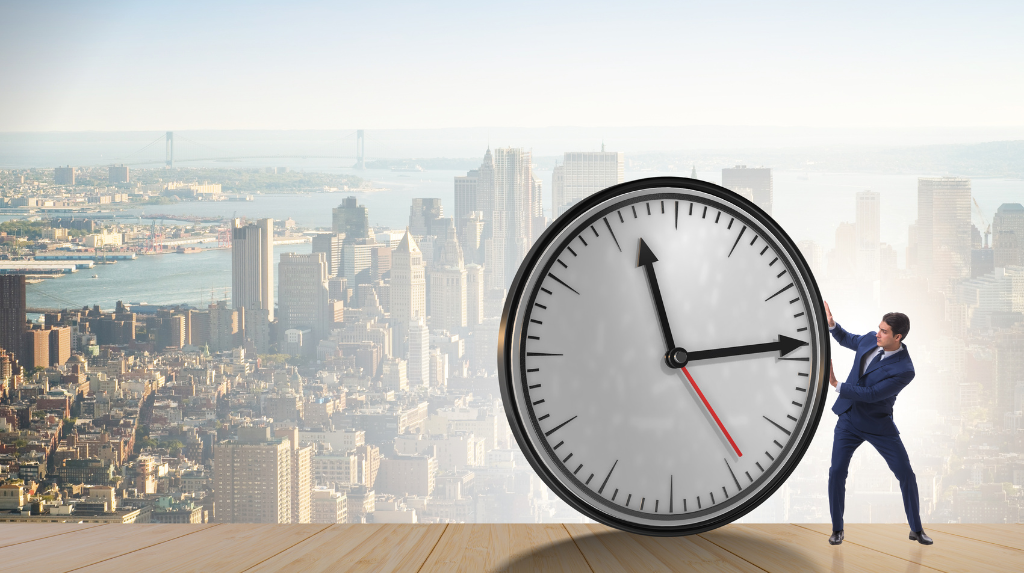Facing delays in your visa application process can be a significant source of stress and uncertainty. This guide aims to shed light on common causes of such delays and provides actionable advice on how to address them effectively.
Common Reasons for Visa Application Delays
Application Timing:
The timing of your application plays a crucial role. If you apply close to the expiration of your current visa, you generally maintain your immigration status during the decision process. However, applying after your visa has expired may result in losing certain rights such as working, studying, or accessing public funds.
Complexity of the Case:
More complex cases, which might involve intricate legal issues or additional documentation, can take longer to process. This complexity necessitates a more thorough review, which can extend the processing time.
Administrative Backlog:
The Home Office might experience delays due to high volumes of applications, especially during times of policy changes or significant global events. This can lead to extended processing times as the department manages the backlog.
Steps to Take If Your Visa Application Is Delayed
Contact the Home Office:
You can inquire about the status of your application by contacting the UK Visas and Immigration contact center. Have your Home Office reference number ready and be prepared to verify your identity. Contact details are as follows:
Phone: 0300 790 6268
Textphone: 0800 389 8289
Seek Specialist Immigration Advice:
If your visa has expired and you’ve applied late, it’s critical to consult with an immigration specialist. They can provide tailored advice and help you understand your rights and options.
Contact Your Local MP:
If delays persist, consider contacting your local MP. MPs can inquire on your behalf and may expedite the resolution of your case. Provide your MP with all pertinent details, including the date of application and any reference numbers.
Additional Tips
Stay Informed:
Keep up-to-date with any changes in immigration law or Home Office procedures that might affect the processing times of applications.
Document Everything:
Keep records of all correspondence with the Home Office and any legal advice you receive. This documentation can be crucial in resolving disputes or confusion about your application.
Prepare Financially:
Delays might affect your ability to work or access public funds. Plan your finances accordingly to mitigate the impact of potential loss of income.
Maintain Compliance:
Ensure that you comply with all immigration rules and conditions during your stay. Non-compliance can complicate your application further.
While visa application delays are frustrating, understanding the reasons behind these delays and taking proactive steps can help you manage the situation more effectively. By engaging with the Home Office, seeking legal advice, and possibly involving your local MP, you can increase your chances of a favorable resolution. Remember, being informed and prepared is key to navigating the complexities of the immigration process in England.
What should I do if my UK visa application is taking longer than expected
If your UK visa application is taking longer than expected, here are the steps you should take to address the situation effectively:
1. Contact UK Visas and Immigration (UKVI)
- Initial Inquiry: Reach out to UKVI directly to inquire about the status of your application. You can do this by phone or email. Make sure to have your Home Office reference number and application details ready.
- Explain the Impact: When contacting them, clearly explain how the delay is affecting you, such as job offers, travel plans, or family reunification. This can help emphasize the urgency of your situation.
2. Check Current Processing Times
- Service Standards: Familiarize yourself with the standard processing times for your visa type, which can vary significantly. For example, visitor visas typically take around 3 weeks, while family visas may take up to 12 weeks.
- Published Timelines: Refer to the UKVI website for up-to-date information on processing times and any known delays that may be affecting your application category.
3. Submit a Formal Complaint
- If your application has exceeded the expected processing time without updates, consider submitting a formal complaint to UKVI. You can use their online complaint form or contact them via email at complaints@homeoffice.gov.uk. Be sure to include all relevant details, including your reference number and a summary of previous communications.
4. Escalate the Matter
- If you do not receive a satisfactory response from UKVI, you may escalate your case by contacting your local Member of Parliament (MP). MPs can sometimes assist in expediting responses from government departments.
5. Consider Legal Advice
- If delays are causing significant issues or if you believe there is an error in handling your application, consulting with an immigration lawyer may be beneficial. They can provide guidance on how to navigate the situation and explore potential legal avenues for resolution.
6. Document Everything
- Keep detailed records of all communications with UKVI, including dates, names of representatives spoken to, and any reference numbers provided. This documentation will be crucial if further action is required.
How Law and Visas Can Help?
At Law and Visas, our team of expert immigration consultants is here to make your travel to the UK straightforward and successful. Whether you’re applying for a Visitor Visa or a Study Visa, we handle every step from preparing your application to gathering the required documents.
Our immigration Consultants and Lawyers ensure that your application meets the highest standards, with no details missed. We’ll also keep you informed throughout the process and coordinate with the immigration office or embassy on your behalf.
Law and Visas has a strong record of helping clients secure the visas/permits they need in the UK. Call us today at +234 812 5505 986 to learn how we can assist you.





